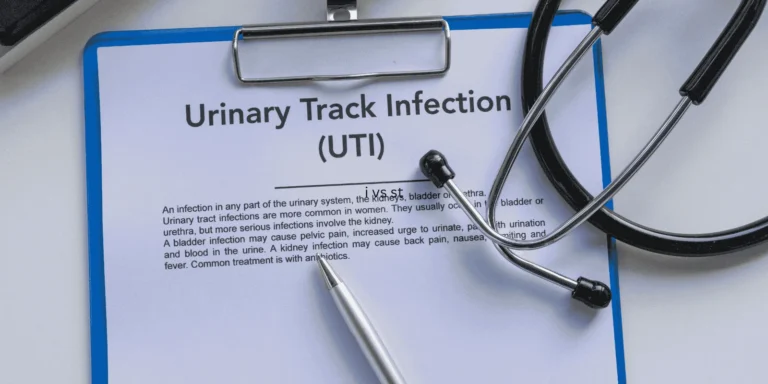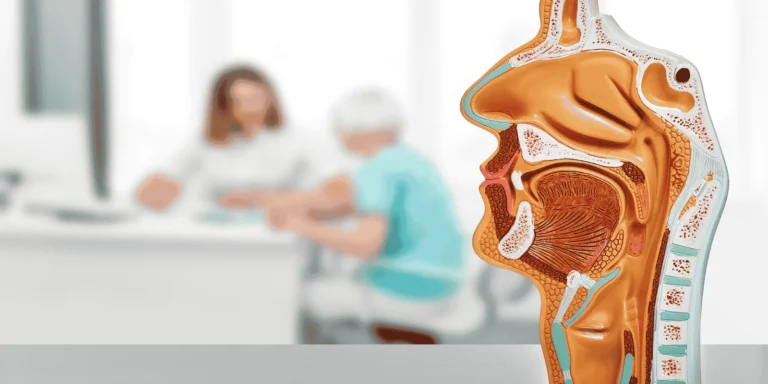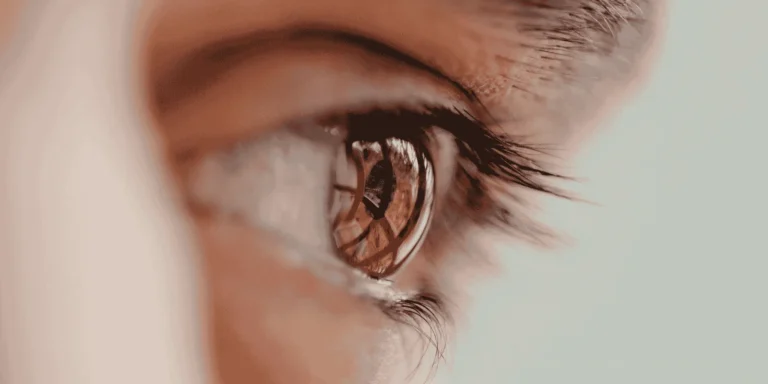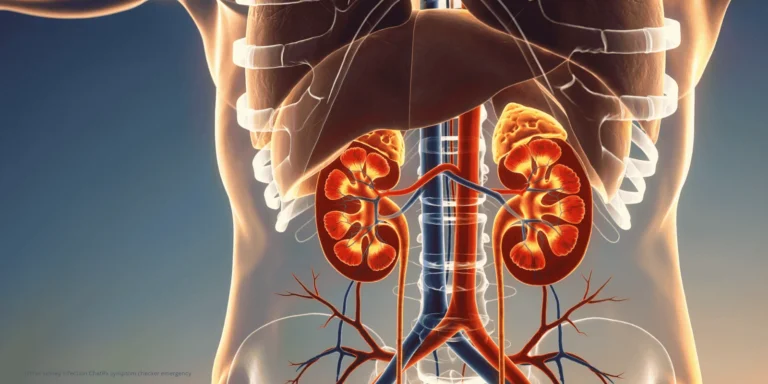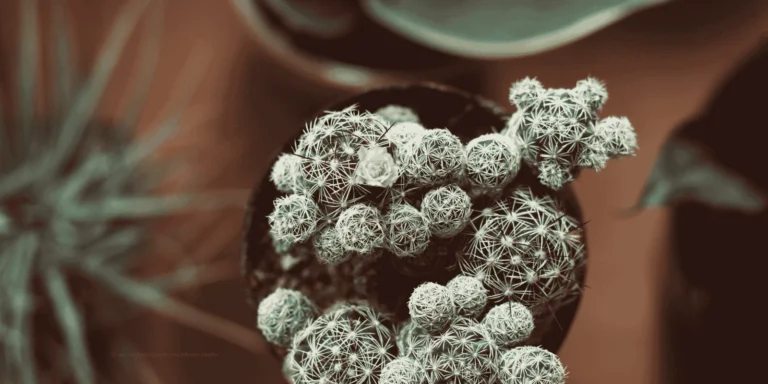Thrush (oral candidiasis) can persist for weeks to months without proper treatment, and in some cases, it may become a chronic, recurring condition. The duration depends on several factors including your immune system status, underlying health conditions, and what’s causing the yeast overgrowth.
Typical duration without treatment: In people with normal immune systems, mild thrush might occasionally resolve on its own within 2-3 weeks as the body’s natural defenses restore bacterial balance. However, this self-resolution is unreliable and symptoms often persist much longer.
Why thrush tends to persist: Candida yeast creates an environment that favors its continued growth. Once established, the infection can maintain itself by:
- Altering the mouth’s pH balance
- Suppressing beneficial bacteria that normally control yeast
- Establishing protective biofilms that resist natural clearing mechanisms
Factors affecting duration:
Immune system status is crucial. People with compromised immunity (from HIV, cancer treatment, diabetes, or immunosuppressive medications) may have thrush that lasts months or becomes chronic without treatment.
Underlying causes determine persistence. If you’re taking antibiotics, using inhaled steroids, or have poorly controlled diabetes, thrush will likely continue until these contributing factors are addressed.
Age matters significantly. Infants may have thrush that resolves within 2-3 weeks as their immune systems develop, while elderly individuals often experience prolonged infections.
Denture wearers frequently have persistent thrush that won’t resolve until denture hygiene improves and proper antifungal treatment is provided.
Complications of untreated thrush:
- Spread to the esophagus, causing painful swallowing
- Secondary bacterial infections in damaged mouth tissues
- Chronic pain and difficulty eating
- In immunocompromised individuals, systemic spread to other organs
- Persistent bad breath and taste changes
When thrush becomes chronic: Some people develop recurring thrush episodes without treatment, especially if underlying risk factors persist. This pattern often indicates the need for longer treatment courses and addressing root causes.
Self-care measures that might help: While not substitutes for proper treatment, maintaining good oral hygiene, avoiding sugary foods, and using saltwater rinses may slow thrush progression but rarely eliminate it completely.
Why treatment is recommended: Antifungal medications typically clear thrush within 7-14 days, providing faster relief and preventing complications. Treatment also helps identify and address underlying causes.
If you’re experiencing white patches in your mouth, difficulty swallowing, or persistent oral discomfort, ChatRx can help diagnose thrush and prescribe appropriate antifungal treatment.



